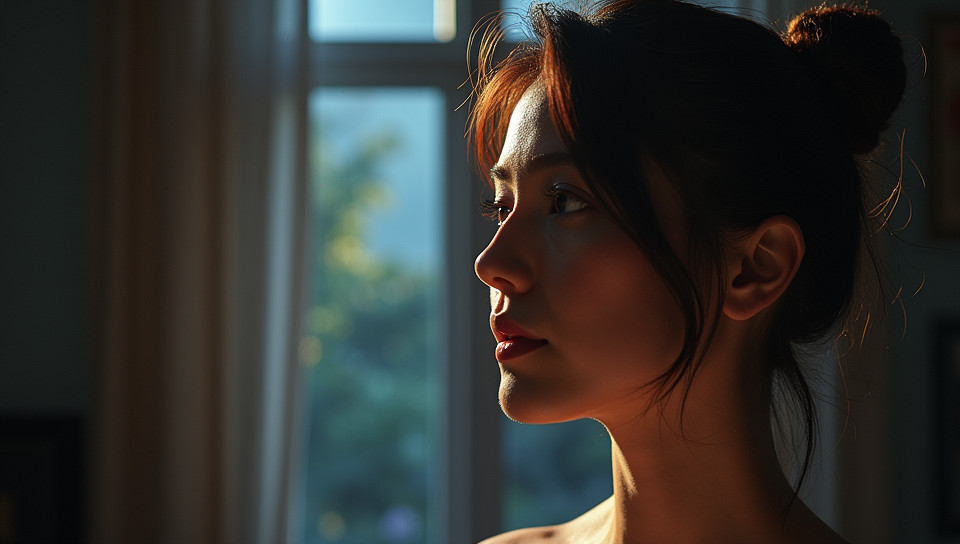Exposure to artificial light is detrimental to health 85%

The Dark Side of Artificial Light: How Exposure Affects Our Health
As we go about our daily lives, it's easy to take for granted the artificial light that surrounds us. From the glow of our smartphones to the bright lights of our offices, artificial light is an integral part of modern life. But despite its convenience, exposure to artificial light has a profound impact on our health.
The Impact of Artificial Light on Our Bodies
Artificial light can affect our bodies in a number of ways, from disrupting our sleep patterns to increasing our risk of certain diseases. When we're exposed to bright lights, especially in the evening, it can suppress the production of melatonin, the hormone that regulates our sleep-wake cycles. This can lead to insomnia, daytime fatigue, and other sleep-related problems.
The Link Between Artificial Light and Chronic Diseases
Exposure to artificial light has also been linked to an increased risk of chronic diseases such as diabetes, obesity, and certain types of cancer. This is because artificial light can disrupt our natural circadian rhythms, which are regulated by the body's internal clock. When our circadian rhythms are disrupted, it can lead to a range of health problems, including insulin resistance, weight gain, and increased inflammation.
The Effects of Artificial Light on Our Mental Health
Artificial light can also have a profound impact on our mental health. Exposure to bright lights, especially in the evening, can increase stress levels and anxiety. This is because artificial light can stimulate the brain's stress response, releasing hormones such as cortisol and adrenaline. Prolonged exposure to these hormones can lead to a range of mental health problems, including depression and burnout.
- Some potential risks associated with artificial light include:
- Disrupted sleep patterns
- Increased risk of chronic diseases
- Weight gain and obesity
- Insulin resistance
- Certain types of cancer
- Mental health problems such as depression and anxiety
What Can We Do to Mitigate the Effects of Artificial Light?
While it's impossible to completely eliminate artificial light from our lives, there are steps we can take to minimize its impact. Here are a few strategies:
- Use dim red lights in the evening instead of bright white lights
- Avoid screens for at least an hour before bedtime
- Create a relaxing bedtime routine to signal to your body that it's time to sleep
- Get regular exercise and practice stress-reducing techniques such as meditation or yoga
Conclusion
Exposure to artificial light is a pervasive problem in modern life. From disrupting our sleep patterns to increasing our risk of chronic diseases, the impact of artificial light on our health cannot be overstated. By taking steps to minimize our exposure to artificial light and adopting healthy habits, we can reduce its negative effects and promote overall well-being.
- Created by: Ben Fischer
- Created at: Oct. 13, 2024, 8 a.m.
- ID: 12309









